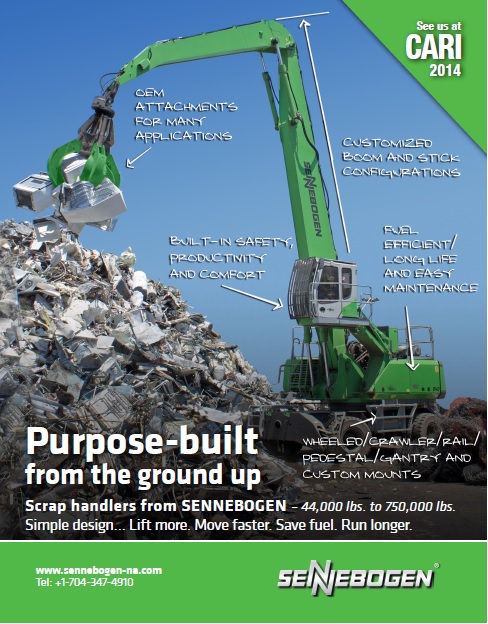THE
PULSE
Newsletter of the Canadian Association of Recycling Industries
Volume 19, No. 6, June 2014
 MESSAGE FROM THE CHAIR
MESSAGE FROM THE CHAIR
How well do your neighbours know you? How visible are you in your community?
Many CARI members have been involved in the recycling industry most of their lives. Some of us were born into this business, and we are all proud of what we do. We know the positive impact our businesses have on the economy and environment at both the local and global levels. We know the majority of businesses operate honestly, and that we contribute to the Canadian economy, the country’s balance of trade, employment and our local communities.
Unfortunately, this is not the image the public and local governments have of us. CARI has had to battle undue regulations resulting from the misunderstanding of our industry by government officials, but the public’s perception and its attitude toward our industry can have an equally important impact—particularly at the local level. We understand our industry because we live it; they misjudge and disapprove of us because they don’t understand us.
Education is our best defense against ignorance. Establishing a good relationship with your neighbours and local authorities and educating them about your business can help you avoid complaints, restrictions, and bad feelings all round. Being open to working with neighbours and authorities can mitigate potential grievances. By inviting neighbours in, a business demonstrates a willingness to be open to the community and shows itself to be scrupulous. Initiating a solid working relationship with local authorities like police and fire departments can be of great benefit to your business in times of crisis.
CARI’s voice in arguing for our industry will always be strong, but we encourage each member company to speak for itself as well. Your community has a relationship with you; make it a positive one. Having your community’s support and understanding does immeasurable good for your business and our industry as a whole. It’s time we opened our doors and let people see the benefits of our industry.
Dennis Cebula
CARI Chair
[su_divider top=”no”]
SWITCH OUT
The Switch Out mercury switch removal program recently launched a new video intended as a training resource for existing and new employees. Available in English and French, the video covers the following:
- Which vehicle makes and models contain mercury switches
- How to remove a convenience light switch
- How to remove an ABS G-force sensor module
View the video on Switch Out’s website here.
FAST FACTS
- Nova Scotia Environment is proposing changes to the provincial solid waste regulations. A discussion paper is available for stakeholders to read and share comments on the proposed changes. Among the proposals the paper recommends that mercury-containing products be subject to a Product Stewardship framework and eventually banned from landfill. The paper is available for review at http://novascotia.ca/nse/waste/docs/solid-waste-public-discussion.pdf. Comments will be accepted until July 11, 2014.
- BIR has released the fifth edition of its publication “World Steel Recycling in Figures.” The announcement was made during the BIR’s Ferrous Division meeting during the association’s World Recycling Convention & Exhibition, held June 1-4, 2014, in Miami. The report also contains seven flow charts covering steel scrap exports from the USA, the EU-27, Japan, Canada, Russia, Australia and South Africa. Global steel scrap export trade showed a clear downtrend last year when compared to 2012. Despite a drop in exports of around 13.6 percent, the USA remained the world’s leading exporter of steel scrap at 18.5 million metric tons. While most regions experienced export decreases, steel scrap exports from Canada increased around 6.4 percent to 4.5 million metric tons, according to the report.
- The California Senate recently passed a bill that would change the classification of auto shredder residue (ASR) to a potentially hazardous waste material and would focus on its safe handling. If passed by the State Assembly, the bill would require the California Department of Toxic Substances Control (DTSC) to conduct a full analysis of California metal shredding facilities. DTSC could then implement management standards regulations for all aspects of a metal shredding facility, including treatment, transport, disposal and storage. The department would also be authorized to collect an annual fee from metal shredding facilities.
- A study by the Conference Board of Canada for the Ontario Waste Management Association (OWMA), claims improving Ontario’s diversion of residential and non-residential waste would greatly benefit the province’s employment and economic activity. Currently, about 47% of residential waste and only 11% of non-residential waste is diverted from Ontario landfills. According to the report, if Ontario’s level of local waste diversion reached 60% the province’s GDP would be increased by $1.5-billion, and 12,700 direct and indirect full-time jobs would be created. The report says typically at least two jobs are created for every thousand tonnes of waste diverted.
[su_divider top=”no”]
Canadian Association of Recycling Industries
130 Albert Street Suite 1906
Ottawa, On K1P 5G4
Canada
Telephone: 613-728-6946
Fax: 705-835-6196


